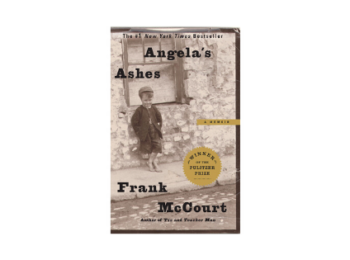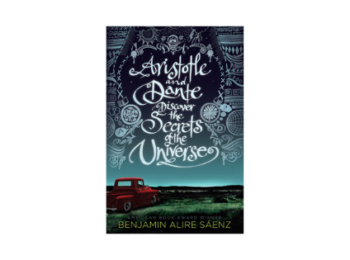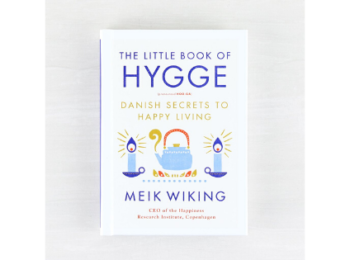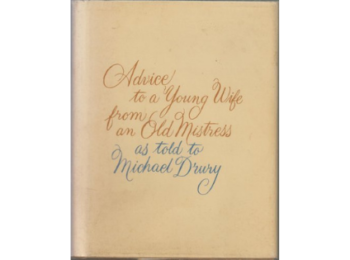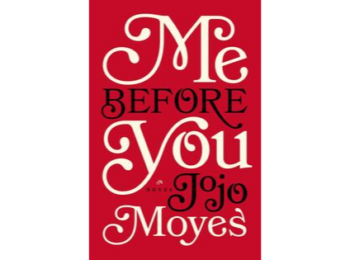
Ah, Middlemarch. Truly, it looks imposing at first glance. I was having second thoughts reading this at first, just as I did when I first looked at The History of Tom Jones, a Foundling or Vanity Fair. I’m glad I didn’t though, lest I would have never met with the lovely Dorothea Brooke. {It is, indeed, Dorothea that stays with me long after I’ve read this. I adore her so, with all her defects and “simple-mindedness”.}
Aptly subtitled “A Study in Provincial Life”, Middlemarch gives us a good (very good!) look into the lives of a host of characters living in a little fictional town in rural England in the 1800s. Among them, 6 seem to shine through: Dorothea, Will Ladislaw, Lydgate, Rosamond, Fred and Mary. Each of these (as well as their acquaintances in the town) have their unique traits and personalities- we see here the beautiful, the persevering, the pleasure-loving, the hard-working, the artist, the generous, the proud, the delusional. Personalities that, though antiquated in dress, still live among us in these modern times.
((By the way- the storytelling is, I must say, brilliant (sometimes sarcastic, sometimes romantic, but really very adept in suiting the needs of the reader).))
Overall: You’ve got the elements of a great story of intermingled stories, a bunch of very human characters, a lovely setting, an 1800 society, and a crowd of thoughts just waiting for you to think about them. Oh, it’s got A LOT of pages, all right – but I could almost call it a complete work. Essentially, it’s a lovely journey with a very proficient guide into the waiting countryside. Come, sit in the coach with me, and let’s allow Ms. George Eliot to show us the way.
What I saw here:
– Women empowerment (Dodo is just too adorable. She’s strong, she has her own will, she is smart and can think for herself. Of course, she has her rough edges, but she’s well-meaning and independent – something quite difficult to understand in those days… And perhaps even today)
– Societal relations, both of the 1800s and of today (man-wife, sibling-sibling, parent-children, mother-son, mother-daughter, sister-sister, brother-sister, etc.)
– Conservative VS “New Age” notions (politics, society, cholera, medicine – Lydgate, I believe, was amazing to have that kind of constitution and principle!)
– Social classes (provincial doctor vs well-endowed widow vs peasant, etc)
– Religion (note Farebrother’s active participation with his laity’s problems)
– Other topics of interest (debt, auctions, elections, LOVE – and how it may or may not be significant in whatever relationships, death, farming, management, gossip – there’s a chapter here that made me laugh because all it seemed to show was how easily and how fast gossip spreads in a town like Middlemarch!, charity, trains, Rome, art, newspaper, jewelry, clothes, babies, horses, gambling, pamphlets, cameos of Fielding!,…)
Other updates:
-The finale beautifully brings the epic to a close, mirroring some of the author’s words in the prologue.
-What makes this a great read (I’m merely currently in Chapter 15) is the fact that its details are all too real– from the people in their humanity, to the pervading notions of the time. Really very good.
Middlemarch: A Study of Provincial Life by George Eliot
My rating: 5 of 5 stars

